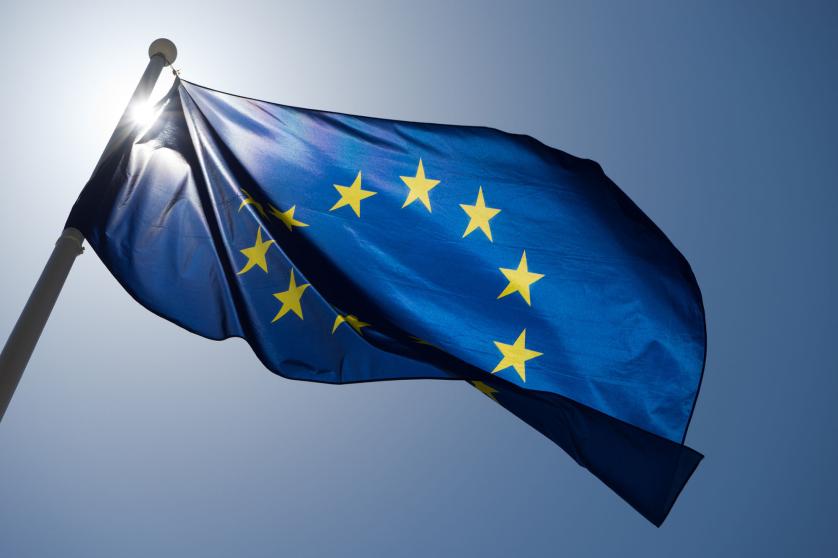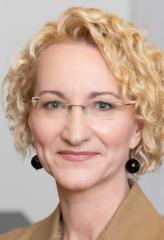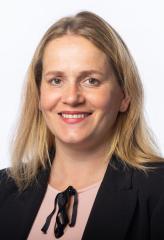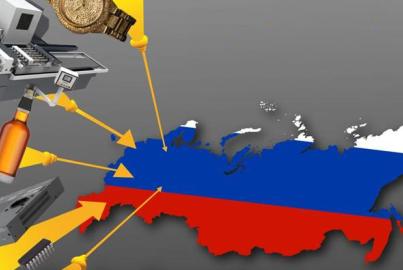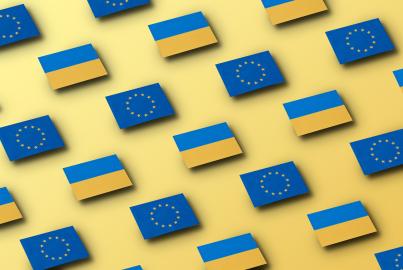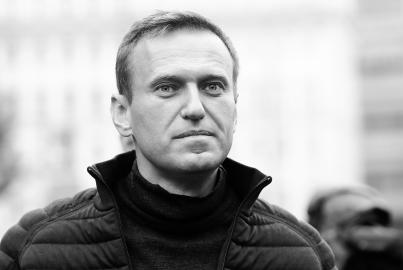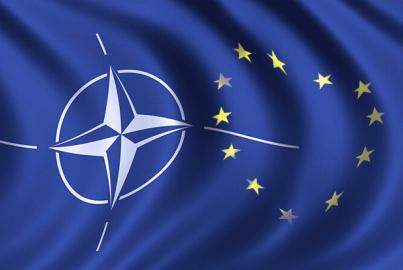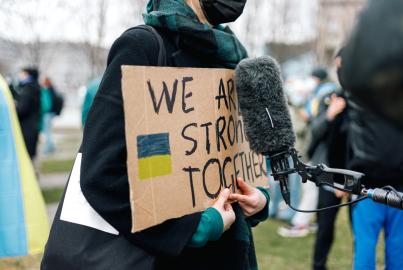Kalniete: European film festival to be held in aggressor Russia is regrettable and unacceptable
Other related content
Read more
EPP Group Hearing: Reinforcing EU Sanctions
20.02.2025
Read more
Read more
Read more
Read more
Read more
6 / 50
